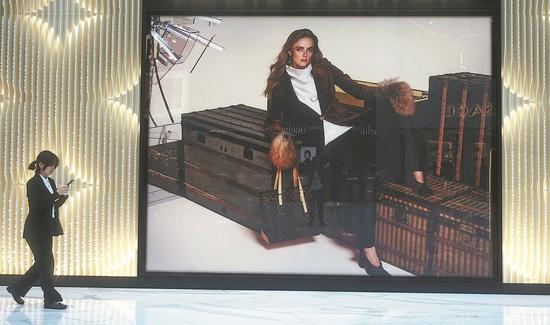
View of a Louis Vuitton store in Hangzhou, Zhejiang province, in October. (LONG WEI/FOR CHINA DAILY)
Luxury brands are increasingly embracing adaptability and steadiness in the Chinese market, positioning themselves for sustainable growth amid evolving consumer preferences and a cautiously optimistic economic environment, according to the latest industry analysis.
Top performers such as Moncler, Jaeger-LeCoultre, Longchamp, Chanel and Dolce & Gabbana have succeeded in the Chinese market by increasing investments in new stores, renovating existing ones, hosting large-scale events and enhancing marketing efforts, according to the industry survey — the 2024 Luxury Brands in China Power Ranking.
The report, released by Luxe Co and LuxeCO Intelligence on Wednesday, analyzed the performance of 106 luxury brands in the Chinese market.
Penetration into second and third-tier cities proved vital to their success, said the report. Surveyed luxury brands opened approximately 244 stores in the Chinese market, with 75 in first-tier cities and 169 in non-first-tier cities.
For instance, Moncler opened new stores in cities like Nanjing (Jiangsu province), Jinan (Shandong province), and Hefei (Anhui province), marking firsts for Jinan and Hefei.
Last year, 37 surveyed luxury brands opened 53 first stores, either at the global, national or city level.
On Jan 17, Coach's first three-storey standalone flagship store in China officially opened in Wuhan, Hubei province. Spanning nearly 1,000 square meters, the three-storey space features a full range of classic products for men, women and the sub-brand Coachtopia. The store also includes a dedicated customer experience area where the spacious and comfortable design offers visitors a one-stop shopping experience, said the company.
At the street-level entrance on the first floor, Coach Cafe is set to open soon, offering a diverse selection of classic coffee beverages and signature desserts, enhancing the experience of a good life, said the company.
In recent years, the brand has continuously strengthened its interaction and connection with younger consumers, launching the new brand positioning of "Expressive Luxury" to encourage more young people to pursue authenticity and follow their hearts.
"As the largest brand store in the country, the grand opening of the Coach Wuhan SKP flagship store marks another innovation and upgrade in our in-store experience in China," said Zhang He, vice-president and general manager of Coach China Omni-Channel.
Store upgrades also contributed significantly. In fact, the report said that 2024 saw the most number of renovated stores among luxury brands in the past four years.
In 2024, 61 surveyed luxury brands renovated 159 stores, a number that is 36 percent higher than that of 2023. Among them, 36 newly updated stores are stand-alone stores or multi-floor stores, accounting for 23 percent of the total newly renovated stores. Tiffany, for example, renewed seven stores in 2024, including its Chengdu Taikoo Li flagship, which is now the largest Tiffany location in China.
The report also found that luxury brands are actively expanding their spaces dedicated to very important clients to further elevate in-store experiences. For example, Loro Piana opened two stand-alone VIC stores in the Chinese market last year.
Additionally, many brands took part in major exhibitions in China to debut products and reinforce cultural connections with local consumers, according to a Luxe report.
"Choosing the Chinese market as the global debut or largest scale of their exhibitions reflects their commitment and investment in the Chinese market," said the report. "Luxury brands have continued to reinforce their connections with local consumers through these culturally relevant measures and are exploring more opportunities."








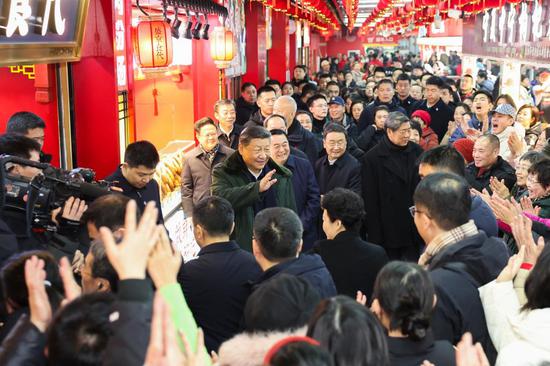
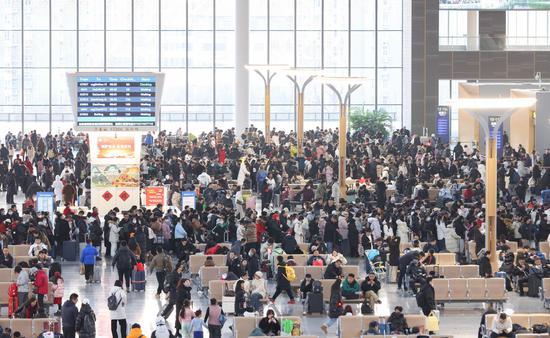
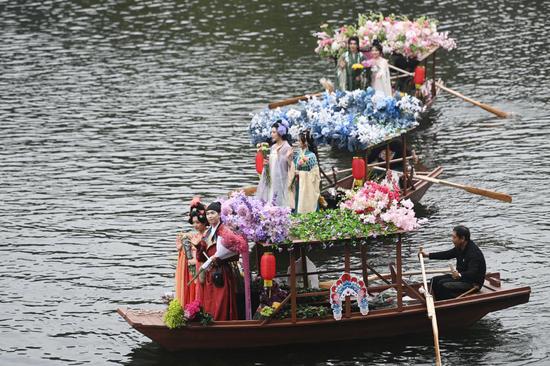
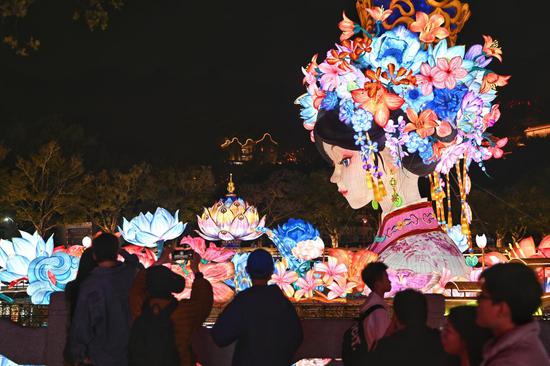

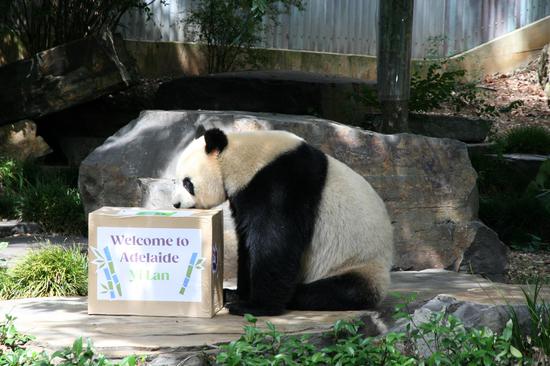
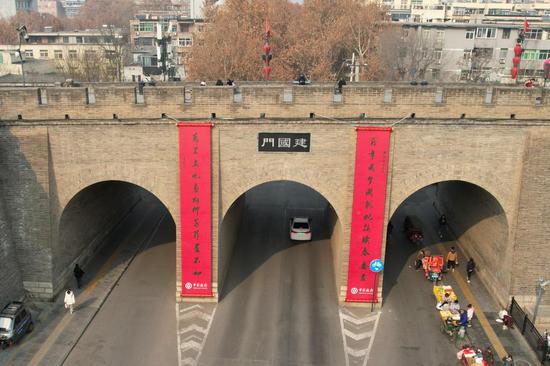
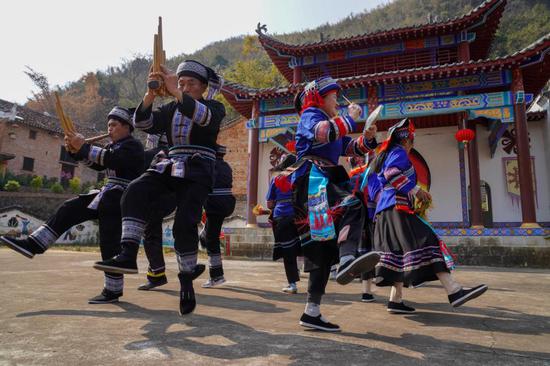
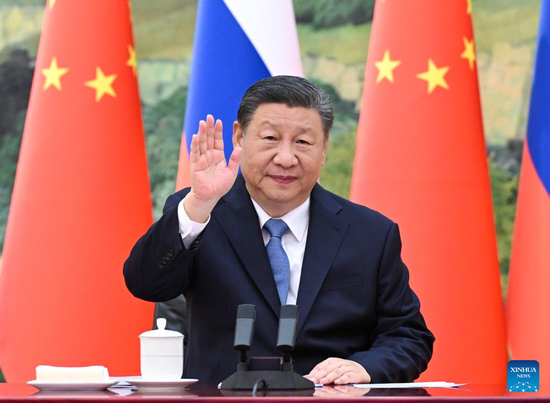
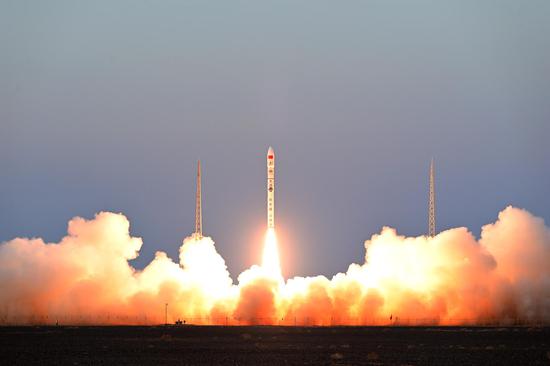
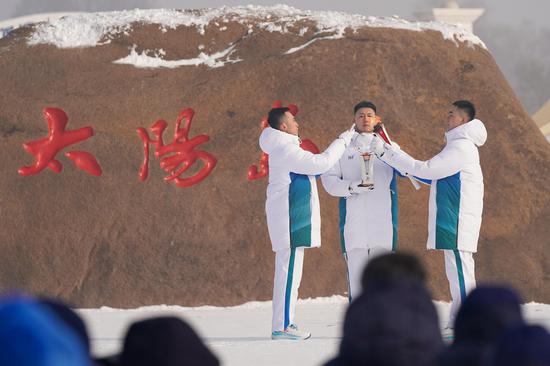
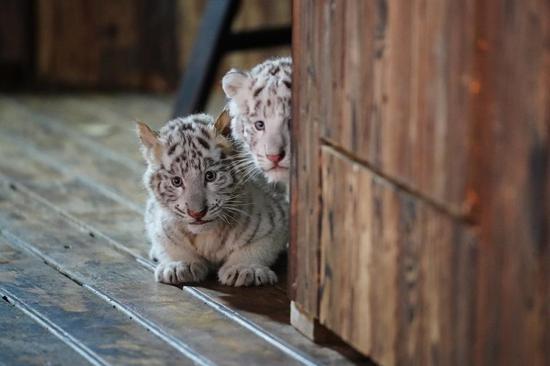

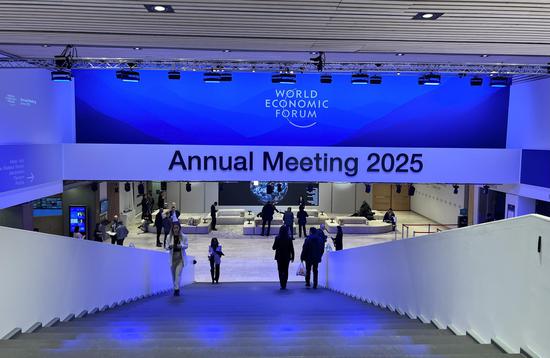
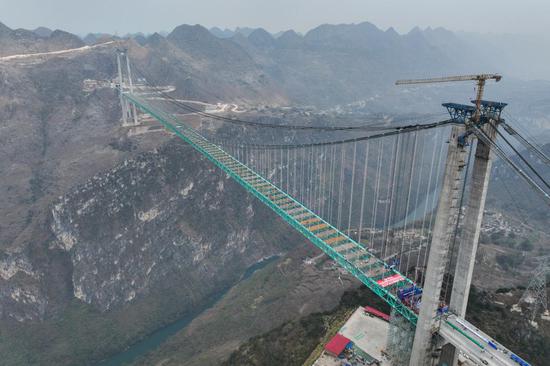
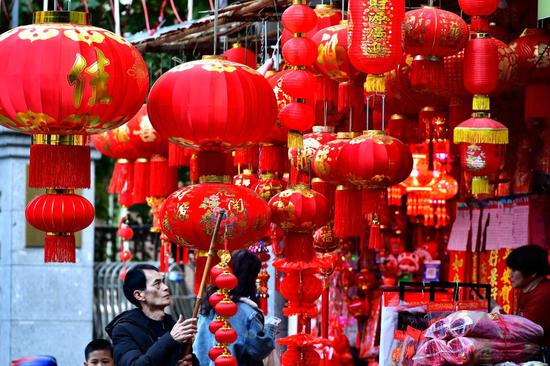
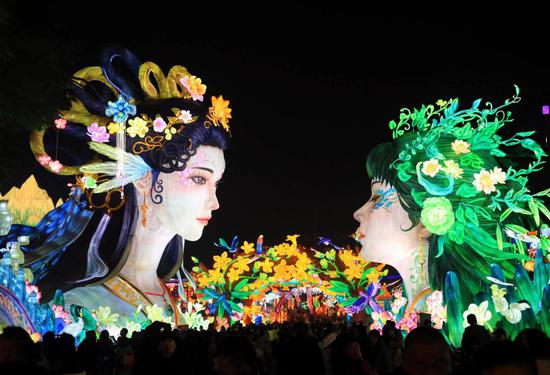

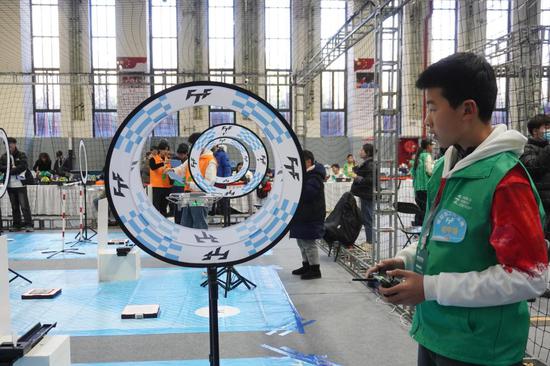
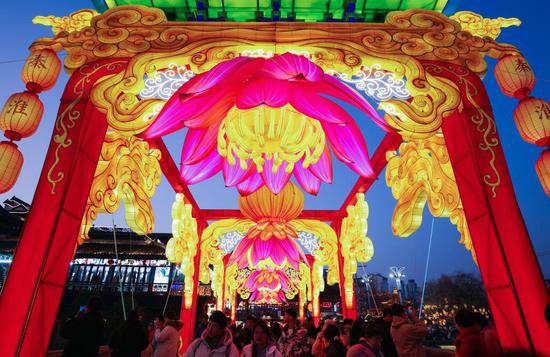

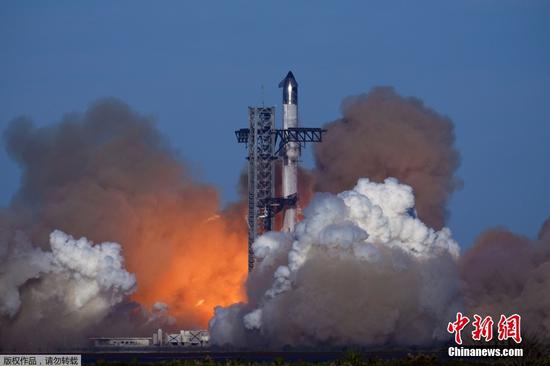
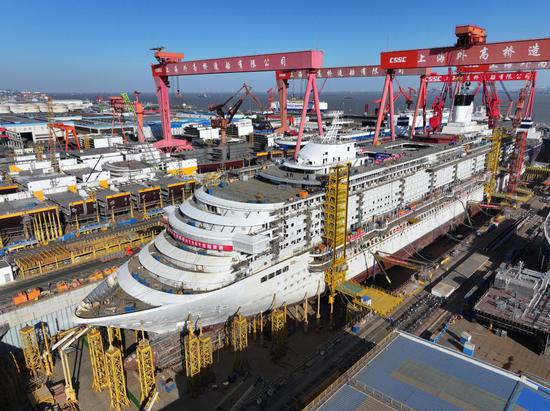
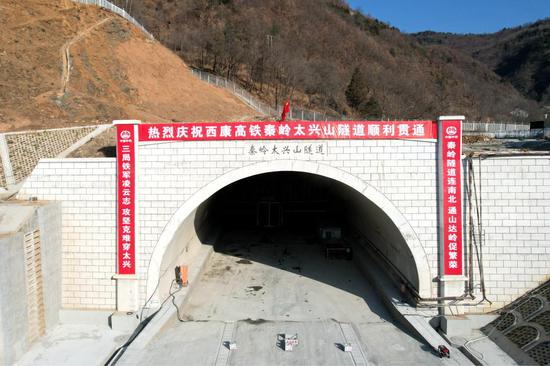
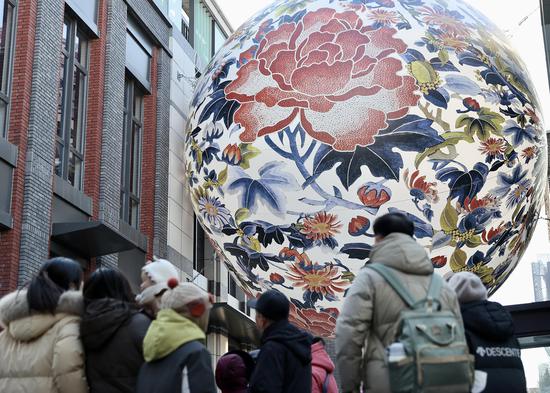
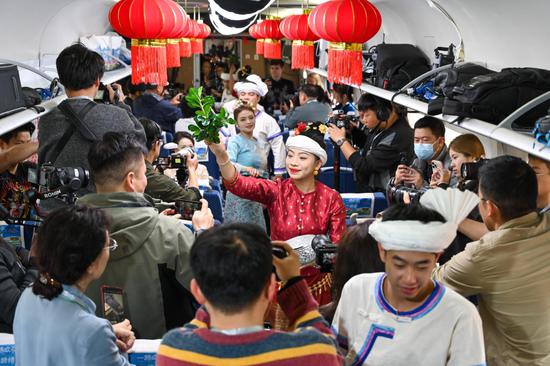
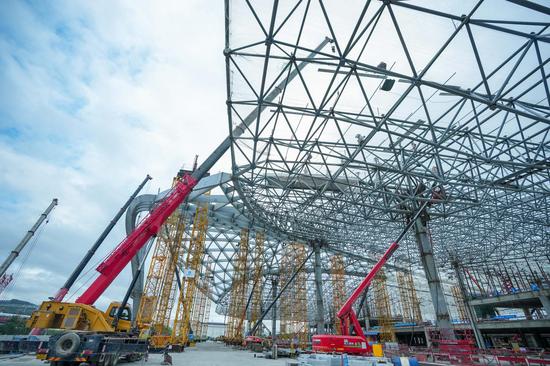
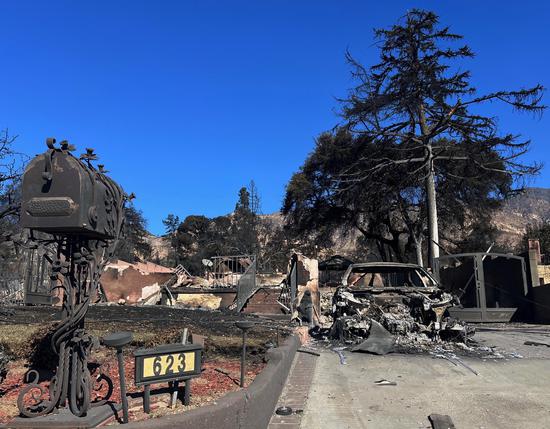
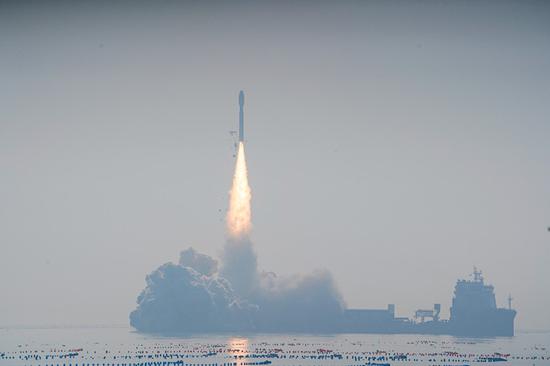
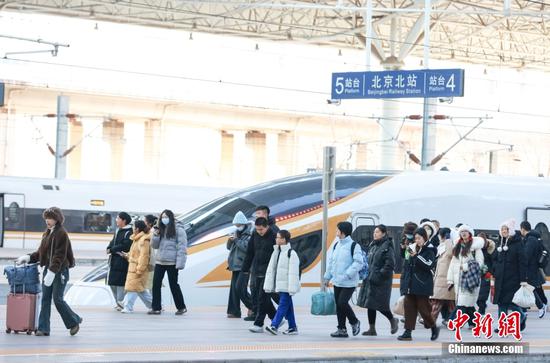

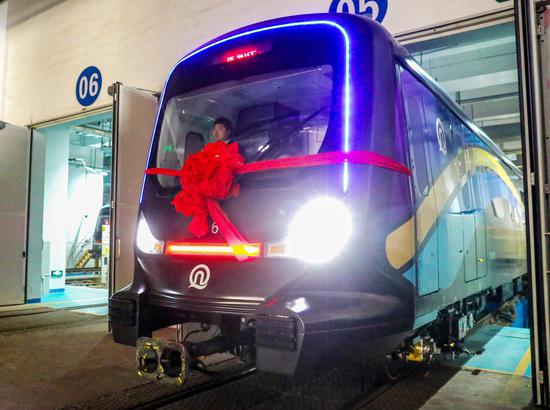

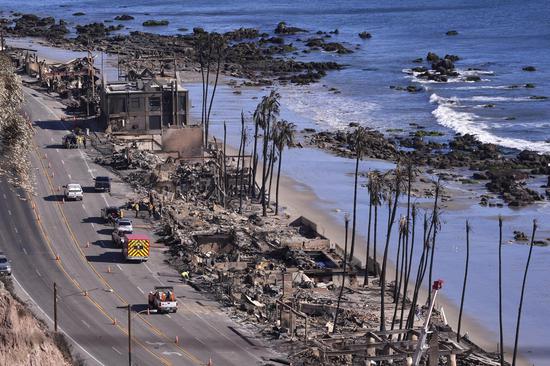
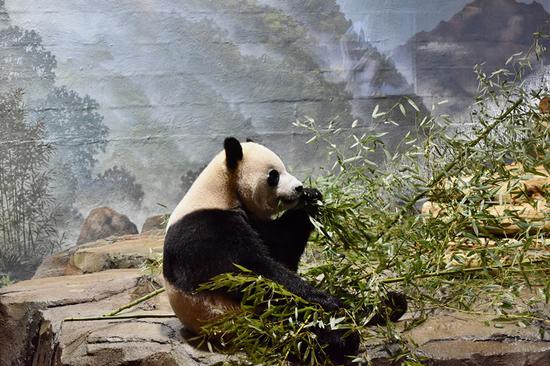

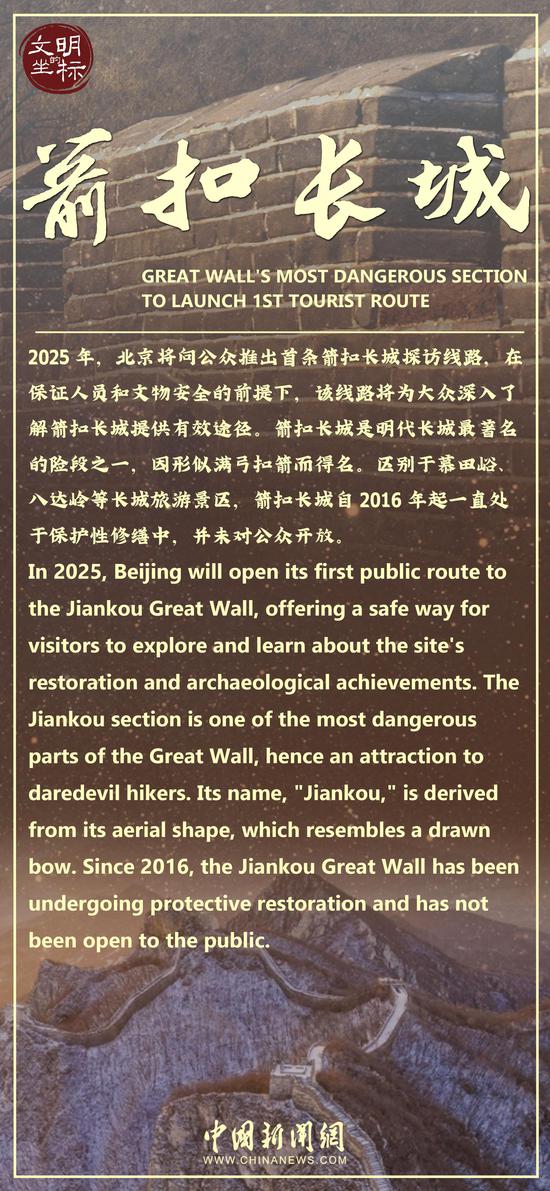

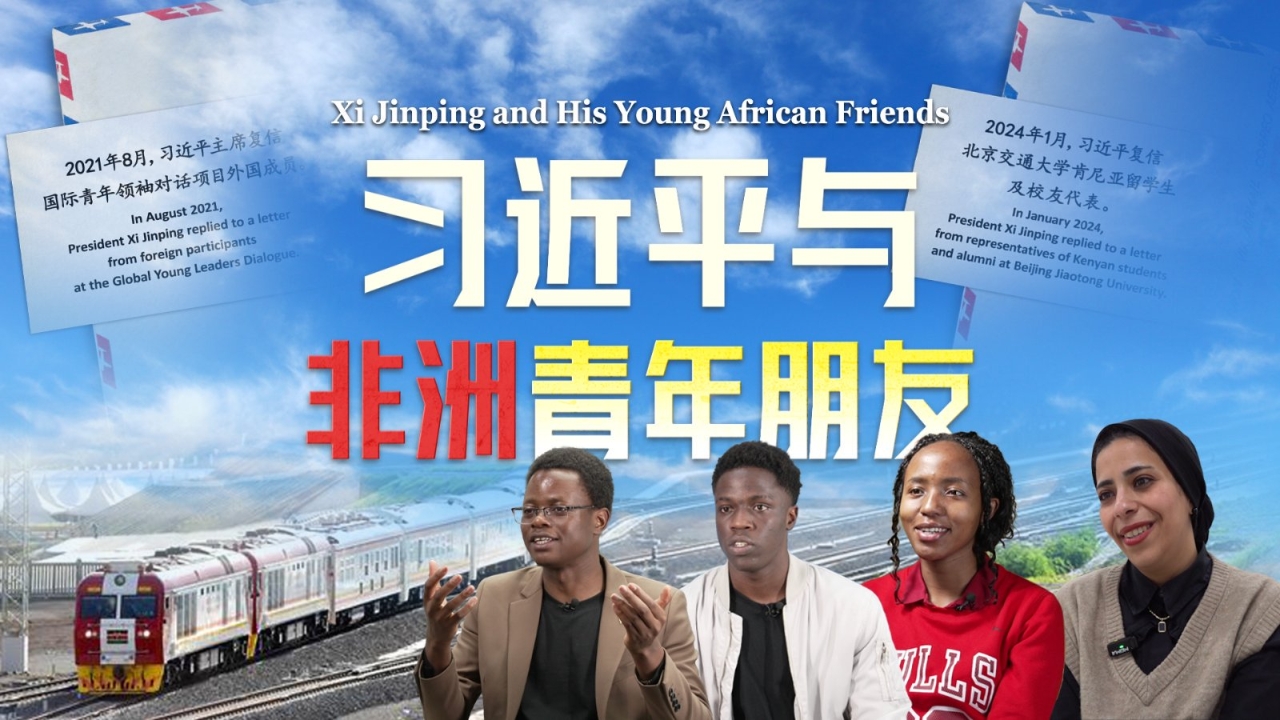

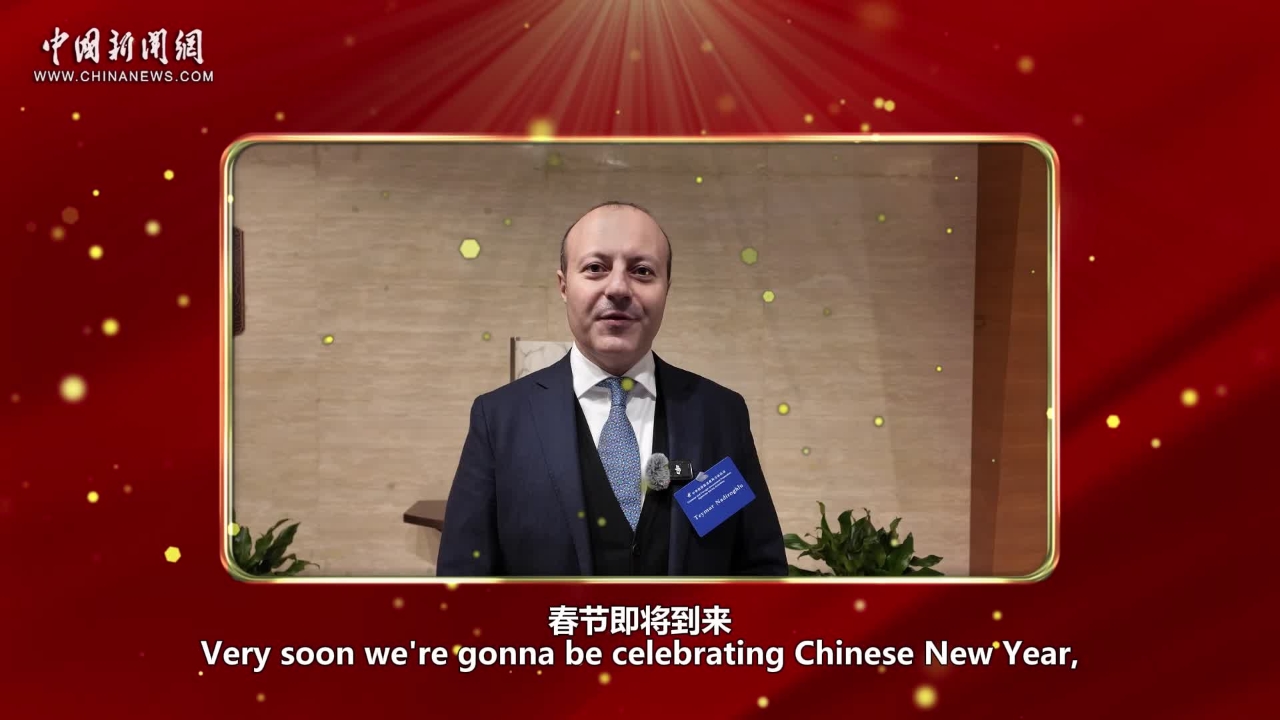

 京公网安备 11010202009201号
京公网安备 11010202009201号